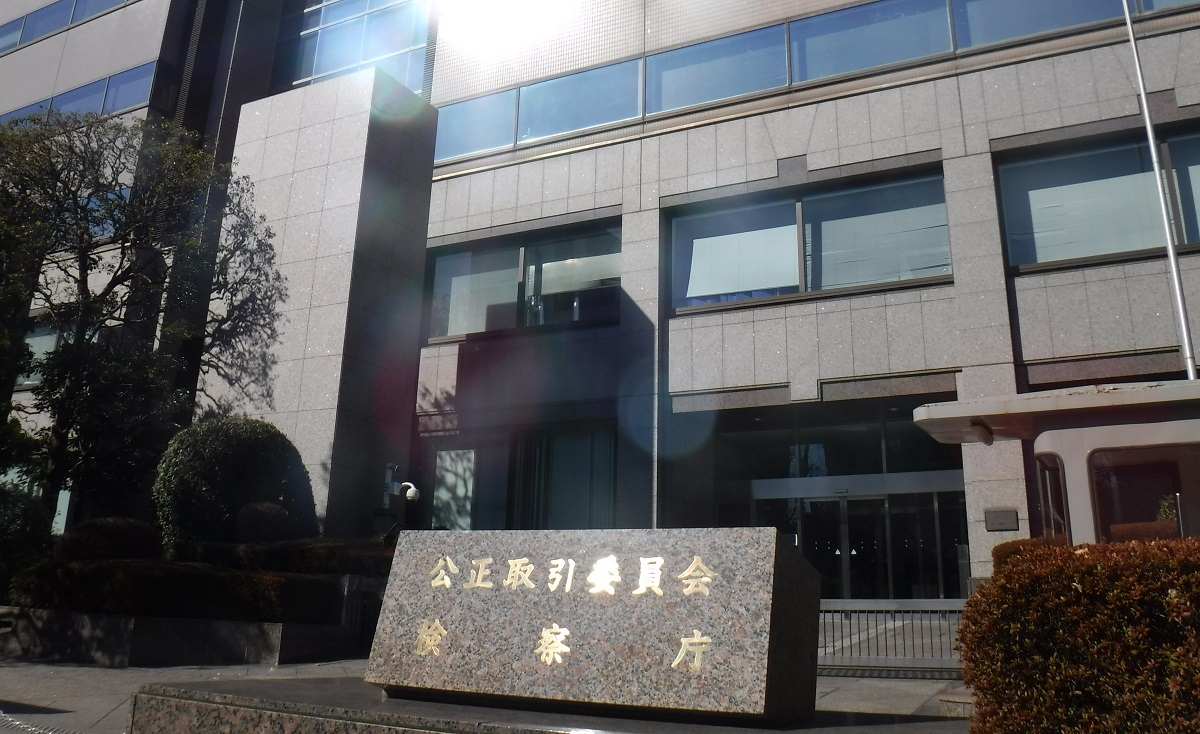Japan to Bolster Regulatory Oversight of Tech Giants; Fair Trade Commission to Increase Dedicated Staff

The building that houses the Japan Fair Trade Commission in Tokyo
17:13 JST, August 28, 2024
The Japan Fair Trade Commission is considering setting up a new department as early as April next year to regulate and investigate giant IT companies, The Yomiuri Shimbun has learned.
The new department will also deal with enforcing the new law called the law on promotion of competition for specified smartphone software, which is designed to regulate Apple Inc. and Google LLC, as well as investigating the actual situation in digital fields such as artificial intelligence, according to sources.
The number of personnel who are involved in the enforcement of the new law is currently 14. The antitrust watchdog intends to more than triple that number to 50.
The department will be headed by a “director general for digital and international affairs,” and will be staffed by JFTC officials and outside personnel, including data analysts. The JFTC plans to include the creation of the new department and the increase in the staff in the fiscal 2025 budget request to strengthen its structure and capacity.
The giant IT companies known collectively as GAFA have become so influential in the global marketplace that the adverse effects of monopoly and oligopoly have become an issue.
The IT giants, with stables of powerful experts such as lawyers and economists, have been evading investigations by the antitrust authorities, among other efforts at regulation.
Therefore, the JFTC intends to create a core department to deal with measures against tech giants and strengthen its law enforcement and investigation capabilities. The watchdog will also enhance cooperation with overseas antimonopoly authorities to counter giant IT firms.
The JFTC has so far taken charge of the Antimonopoly Law and the Subcontract Law and has engaged in regulatory activities. It will also be in charge of enforcement of the law on promotion of competition for specified smartphone software, which was enacted in June this year.
The new law is intended to regulate giant IT companies, such as by opening their app stores to other companies and prohibiting the preferential display of their own services in search results. The law will be enforced within 2025 in a full-fledged manner.
It is estimated that hundreds of thousands of companies distributing apps and operating websites will be protected by the new law. The JFTC has judged that a sufficient structure will be needed to negotiate with tech giants and their related companies to improve problematic behavior and acknowledge violations.
Foreign antitrust authorities that have taken the lead in regulating IT giants are also strengthening their capabilities. The European Union, which has implemented the Digital Markets Act since March this year, has a 100-member team in place to enforce the law. Britain is planning to increase the number of personnel involved in the operation of its new law to regulate tech giants to 200.
The 14 people the JFTC currently has working on the new law is a small number compared to those of overseas authorities. For this reason, the need to drastically strengthen the structure was recognized in the government’s growth strategy and other measures.
Top Articles in Politics
-

Japan PM Takaichi’s Cabinet Resigns en Masse
-

Sanae Takaichi Elected Prime Minister of Japan; Keeps All Cabinet Appointees from Previous Term
-

Japan’s Govt to Submit Road Map for Growth Strategy in March, PM Takaichi to Announce in Upcoming Policy Speech
-

LDP Wins Historic Landslide Victory
-

LDP Wins Landslide Victory, Secures Single-party Majority; Ruling Coalition with JIP Poised to Secure Over 300 seats (UPDATE 1)
JN ACCESS RANKING
-

Producer Behind Pop Group XG Arrested for Cocaine Possession
-

Japan PM Takaichi’s Cabinet Resigns en Masse
-

Man Infected with Measles Reportedly Dined at Restaurant in Tokyo Station
-

Israeli Ambassador to Japan Speaks about Japan’s Role in the Reconstruction of Gaza
-

Videos Plagiarized, Reposted with False Subtitles Claiming ‘Ryukyu Belongs to China’; Anti-China False Information Also Posted in Japan






















